This year on Year Course we’re changing things up a bit, and giving you the opportunity to experience Year Course from a first person perspective. Between the different classes and trips, the community, and diversity of the participants, our Ambassadors are going to be the new lenses of Year Course. With half of them starting in Kedma and half of them starting in Yama there will be a great equal view of all aspects of the program.
I would like to introduce you to Year Course 17-18’s Social Media Ambassadors

Jordan Pressel: From New Jersey, he loves taking photos and exploring the non-touristy attractions, so people following his social media will see the major sites and attractions, but also some lesser known (but just as cool) places! He is relatively new the Young Judaea movement although has already experienced the welcoming community and wants to encourage those who are considering getting involved with YJ that Year Course is one of the friendliest and warm environments. Follow his Instagram @jspressel36
Noa Krakow: Coming from Pennsylvania, she has been a part of the Young Judaea throughout her life and couldn’t imagine her life without this community. She would like to share her experiences and everything that she has learned with others. She wants to inspire others while living in Israel and believe that Year Course will provide her with the stage to show off Israel’s diversity, opportunity, and beauty to the rest of the world. Follow her Instagram @naokrakow
Estee Segan: Sunny Florida, she comes to Year Course as someone who has been one to cherish the moment and revel in its treasures. Whether those treasures are a lesson, an experience, a tool for the future, or a milestone; the treasures that important moments in our lives provide to us are essential in developing the story of who we are. She intends to appreciate every moment during her Year Course experience and will exploit the positive nature of each event that Year Course provides for them. She is excited to provide a platform of memories that help develop the story of who she and her peers will become on this amazing journey, so that they can look back and see how far they’ve come. Follow her Instagram @esteesegan
Elena Smith: Joining Year Course from Connecticut, Elena has always loved taking photographs and making memories. Her goals as one of our Year Course Social Media Ambassadors is to document the different adventures and memories that she and her fellow year coursers create. Something that they can look back on a share with the world their travels throughout their Israeli journey. You can follow her Instagram @the.elena.smith as well as her photo blog at mytinylegacies.wordpress.com
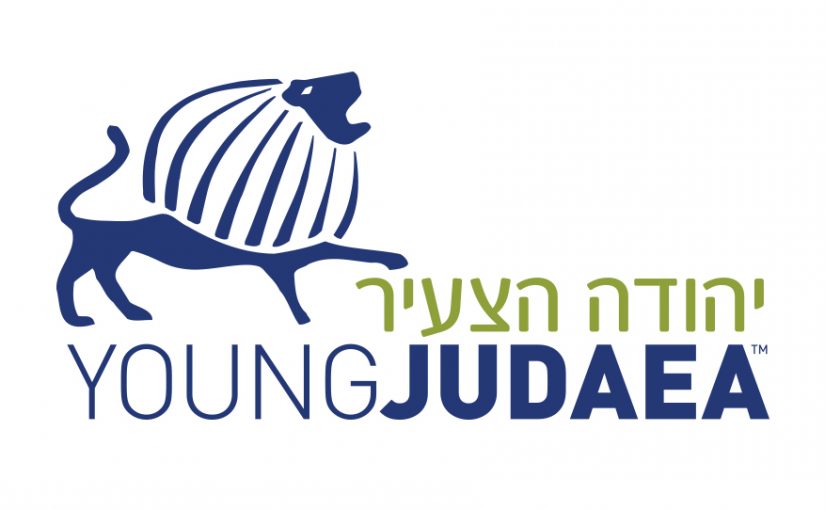
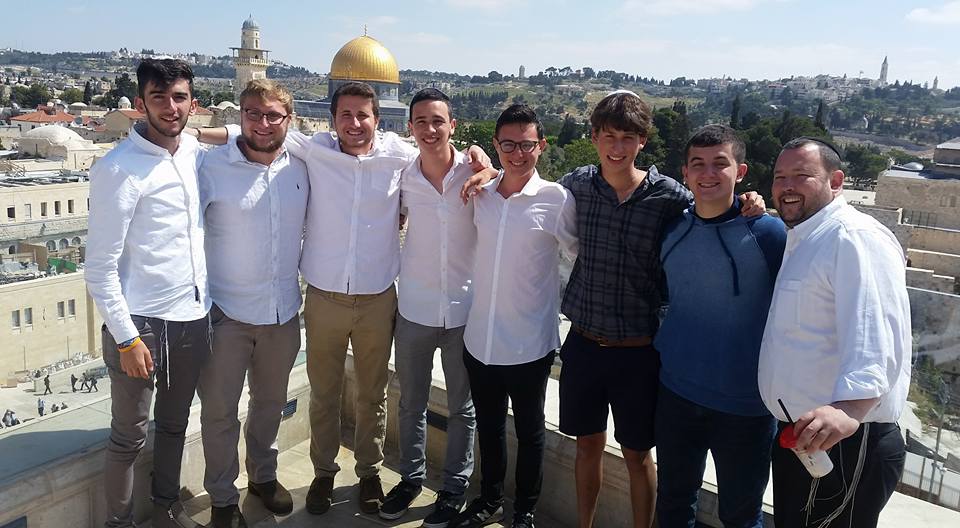
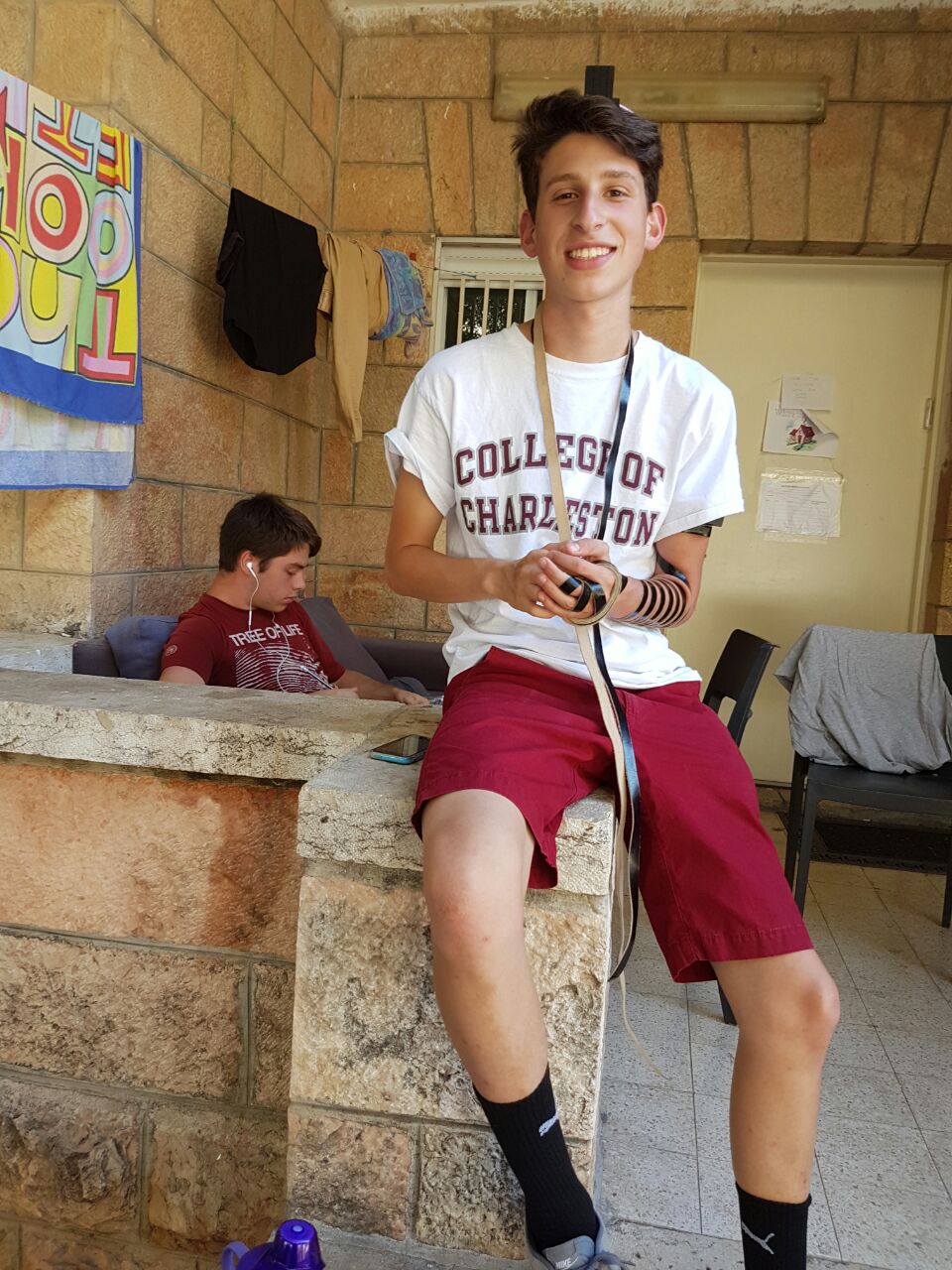
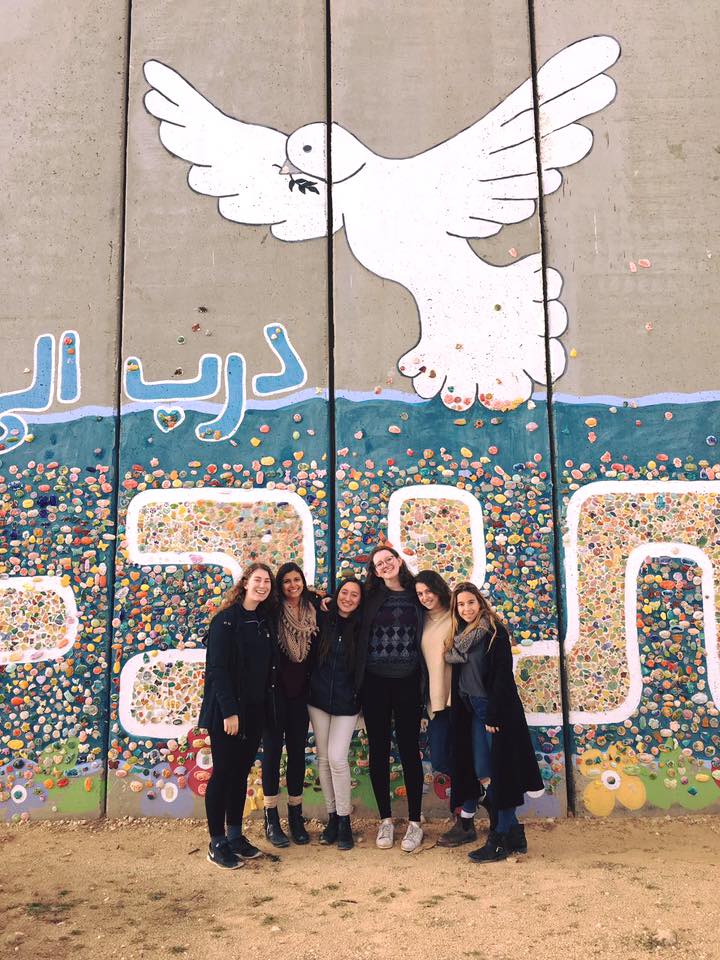
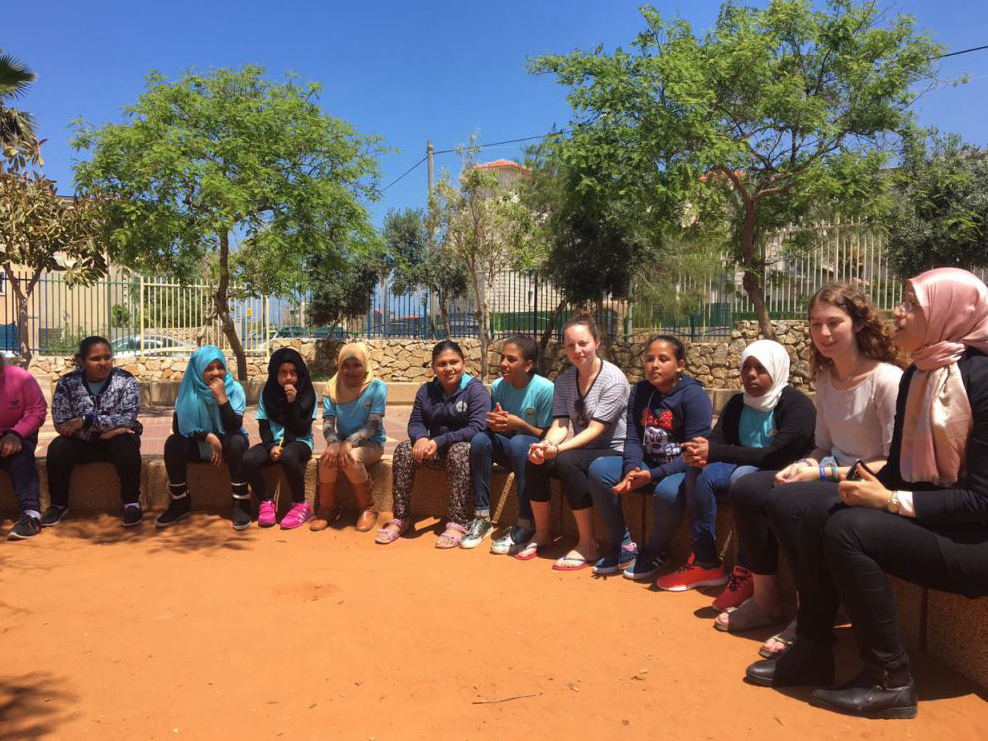
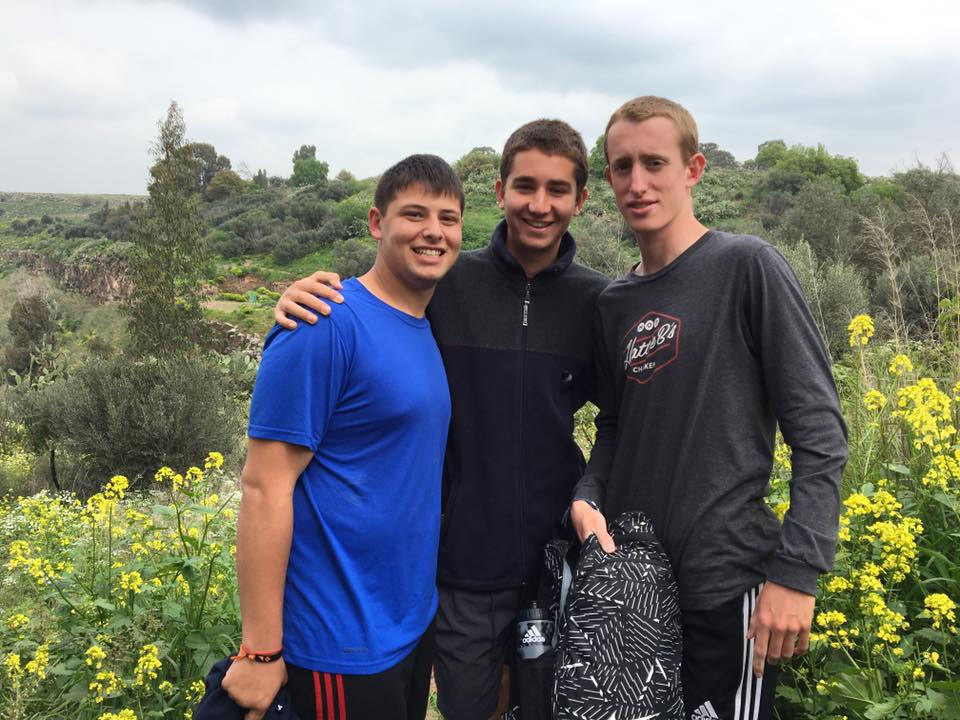 If you’re going to defend Israel and fight BDS, you’ve got to do it in a professional way.
If you’re going to defend Israel and fight BDS, you’ve got to do it in a professional way.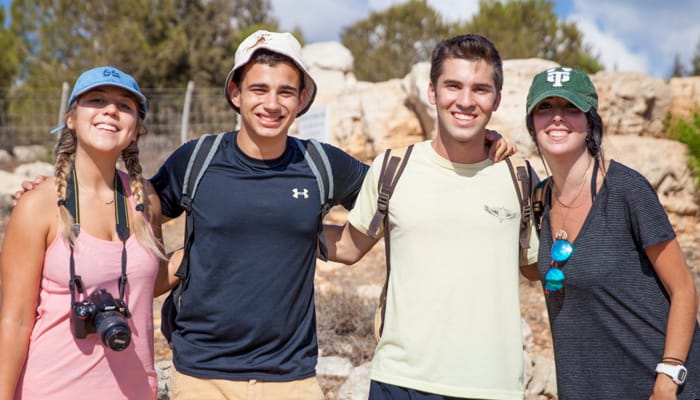
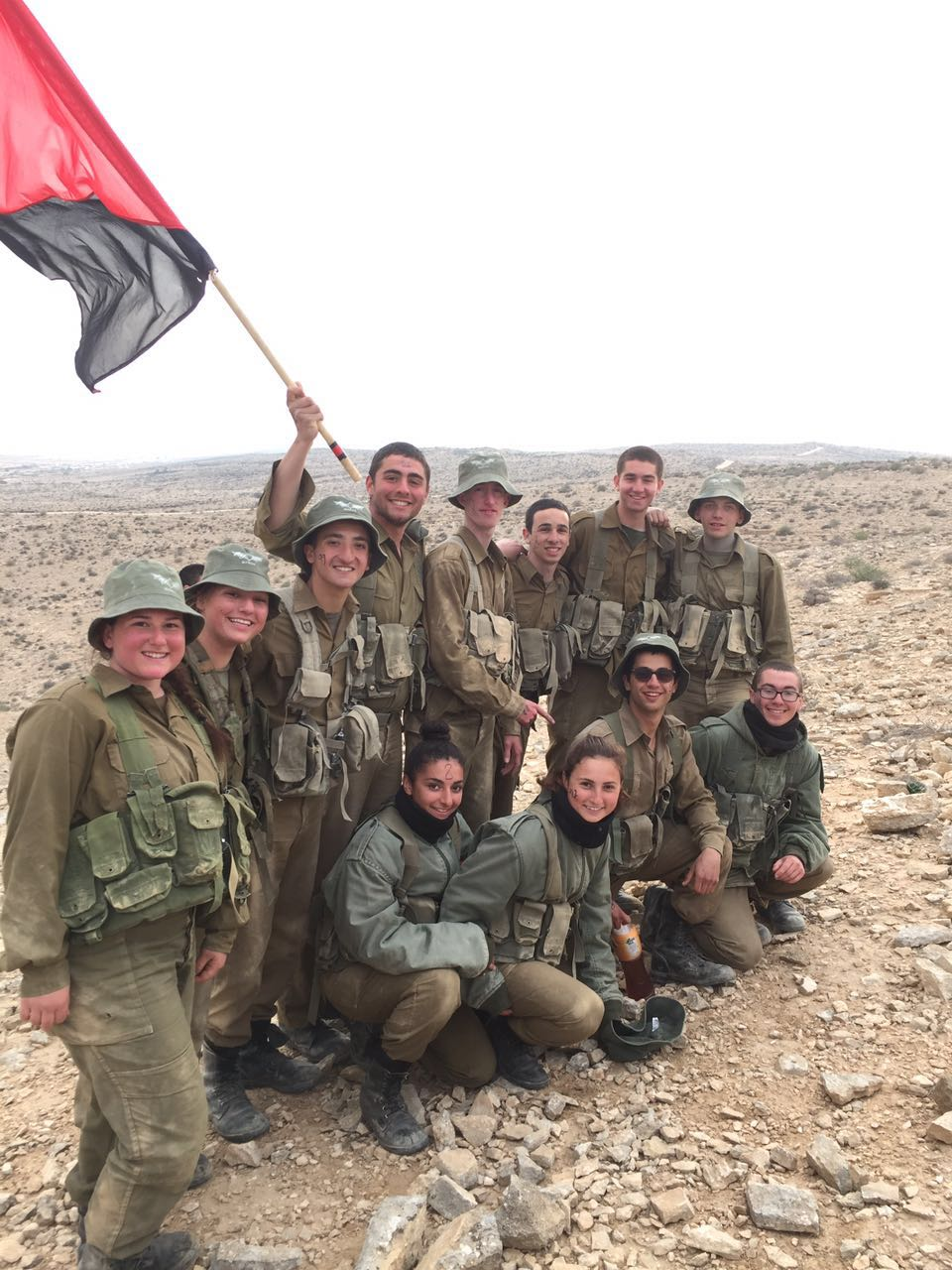
 By: Rebecca Tauber, Recent Year Course Alumna
By: Rebecca Tauber, Recent Year Course Alumna